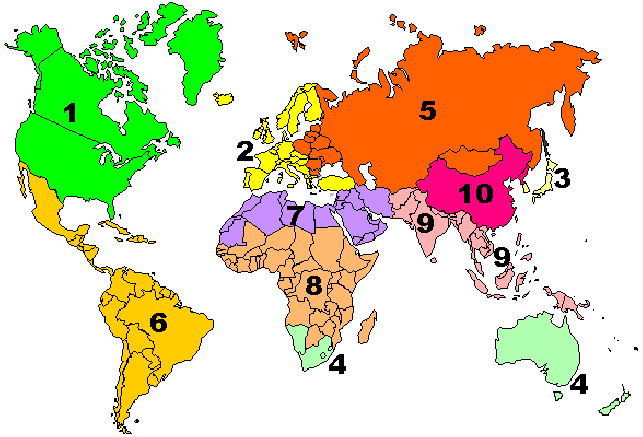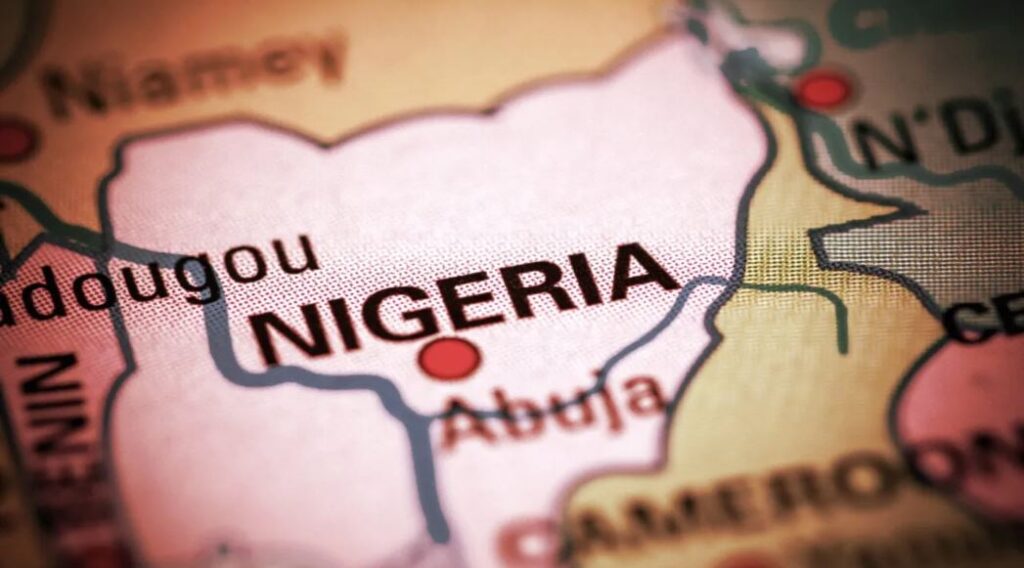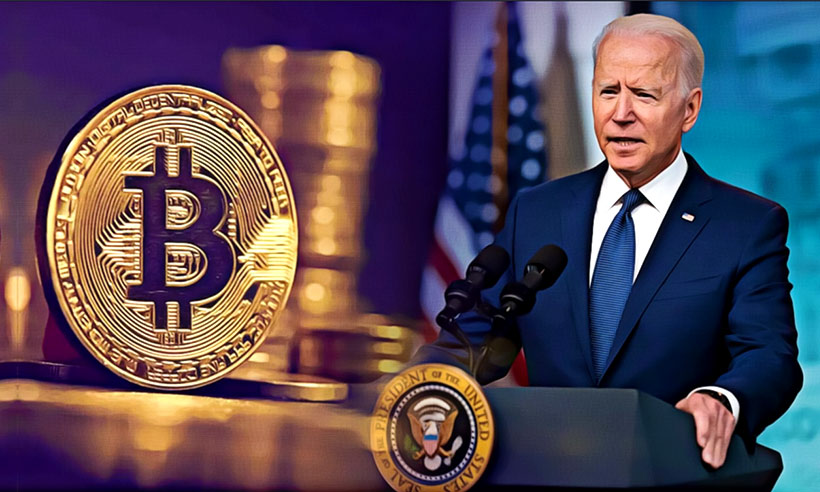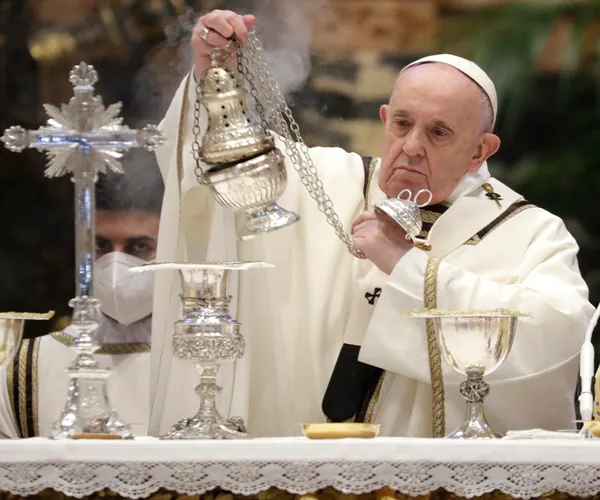
As many know, I have a page on the site all about the Vatican’s Socialist agenda that confirms their long-prophesied desired to use the USA to spearhead their mark of the beast enforcement. On that page I have many articles and videos confirming the so called “Great Reset” plans for all nations. This starting here in the USA. And since Rome was able to get Roman Catholic Joe Biden into office in a very strange way wherein he can be used as the ultimate puppet under control by the Vatican cultivated and controlled shadow government here in our country, Biden’s apparent bowing to China due his massive corruption causing him to be compromised in ways that many in politics never saw coming; we can see this in how China has been allowed to commit many dangerous acts against our country without being stopped. Everything from the spy balloon to buying up hundreds of thousands of acres near our military bases confirms Biden cannot stop them without being outed worse than he already is.
Continue reading







